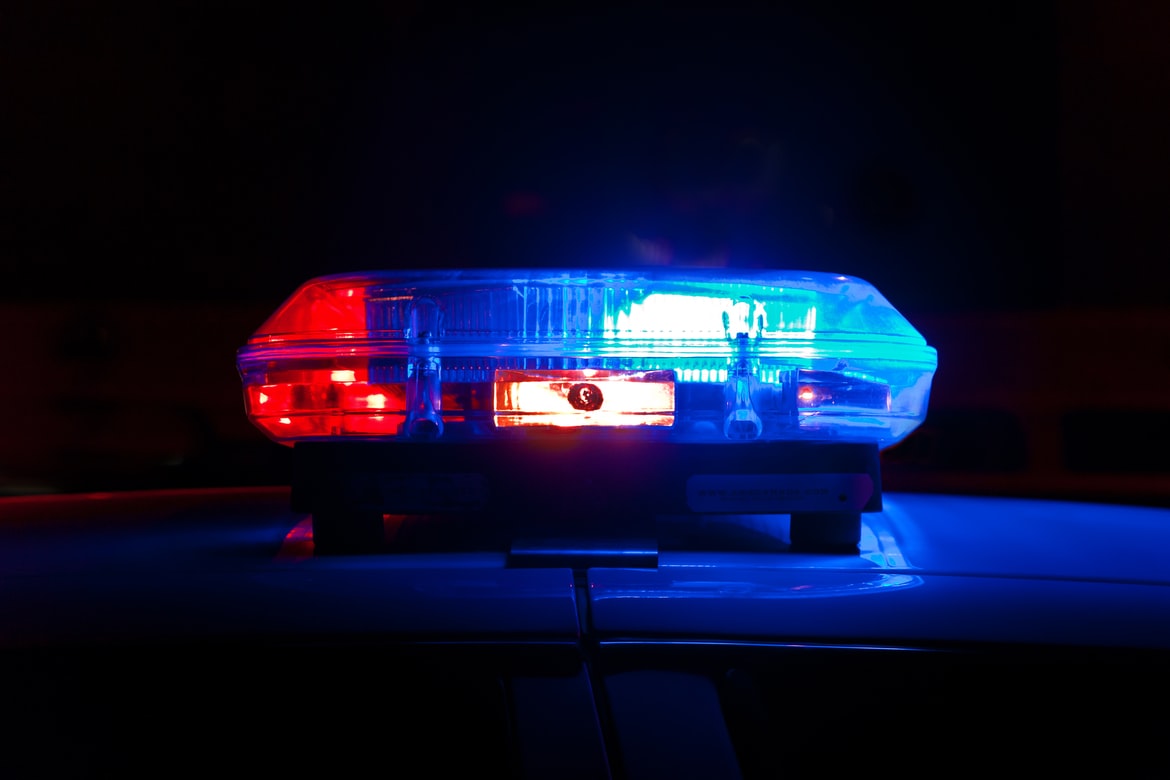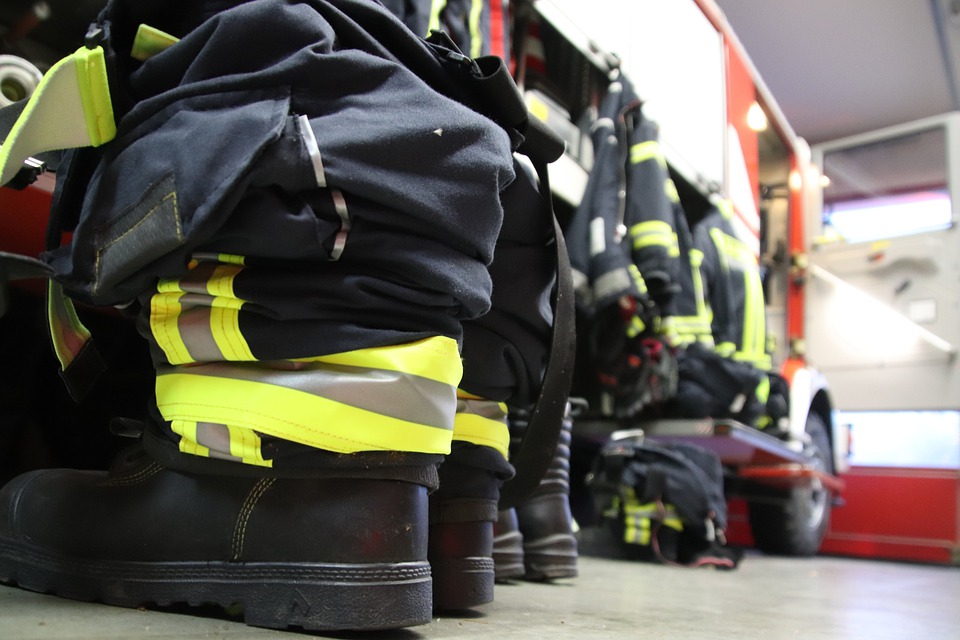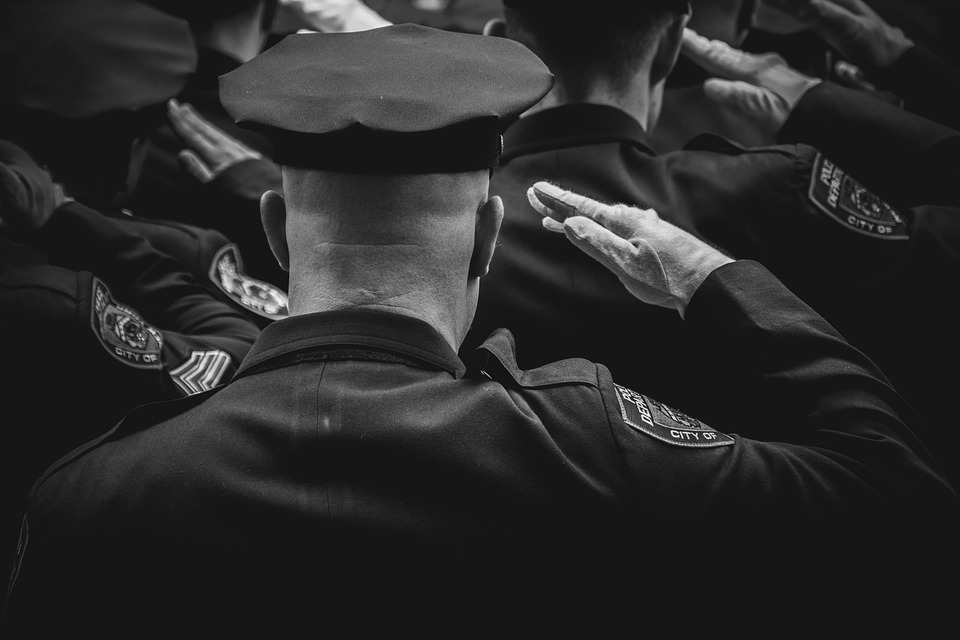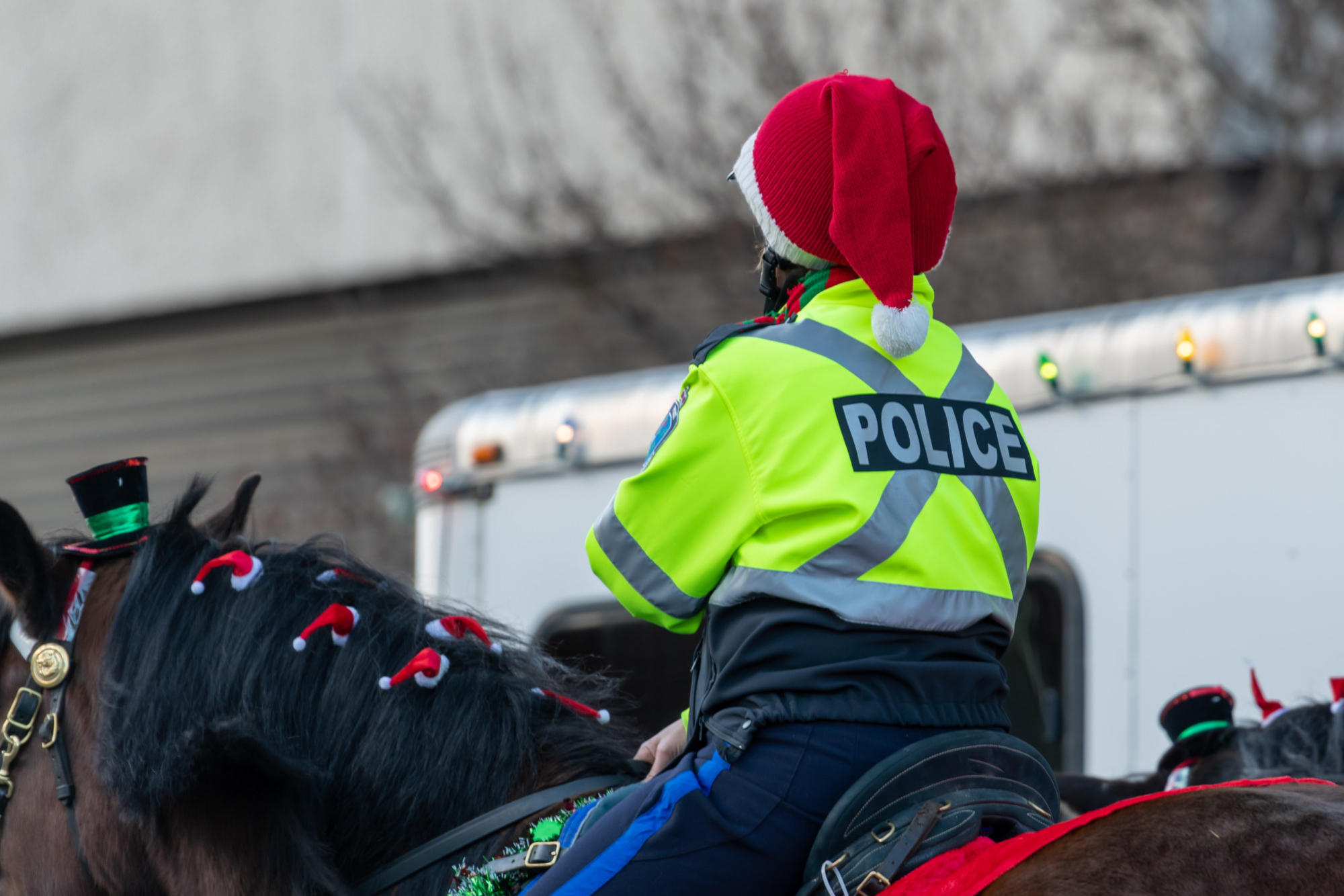As we enter into the holiday season, it is imperative to reflect not only on the heroism of our first responders but also on their mental well-being. While we often think about protecting ourselves and our loved ones from PTSD and suicide, the often-overlooked challenge lies in safeguarding those who protect us daily—our police and fire personnel. The amount of police officers who die of suicide is more than triple those who die in the line of active duty, they are also at risk for developing PTSD, depression, substance abuse, and other mental health illnesses. Experts suggest that these statistics are due to the chronic workplace stressors that these officers and fire personnel are under daily. Many police officers respond to calls due to domestic violence, suicidal intent, violent acts and many other situations that are high stress and sometimes involve intense mental and psychological difficulties which can take toll on their own mental health and daily life functioning.

In the year 2019, 239 officers tragically took their own lives, which was an increase from the 184 officers who died by suicide in 2018. New York, California, Florida, and Texas are the states with the highest rates of officer suicide.
In addition to police officers, firefighters are also at high risk for suicidal death with 18/100,000 firefighter fatalities due to suicide which is more than the general population suicidial death rate of 13/100,000. Fire personnel respond to many critical incidents on any given work day, such as crash responders responding to car crashes and other destructive events that can involve fatalities. The stress of the average work day for firefighters and other fire personnel is also connected to a depleted immune system, which lowers their ability to fight illnesses and leads to more deaths. This chronic work stress also leads to an increase in other mental health issues and officer/fire personnel suicides. Additionally, many of these suicidal fatalities are not reported as such and may be reported as “death in the line of duty” or “accidental” instead due to the choice of their family members.

The holiday season, while joyous for many, can exacerbate the challenges faced by our first responders. Increased demands on their time and heightened emotions associated with the holidays intensify the impact of their already stressful professions. Thus, there is a pressing need for heightened awareness and support during this time to ensure the mental well-being of those who tirelessly protect our communities.
A stigma surrounding behavioral health and mental health illness only makes it harder for those first responders to accept that they are needing help and to seek out assistance. Let this be a reminder to check in on your loved ones, especially those that are first responders and offer help when you can this holiday season.
Encouraging self-care practices can be a helpful way to support the mental health of our loved ones and first responders during the holidays. Promoting habits like mindfulness, consistent exercise, and sufficient sleep can substantially contribute to easing the daily stress they experience. Some other ideas for self-care to offer loved ones and first responders are: taking time for personal hobbies, spending quality time with loved ones, and seeking professional mental health support when needed.

This holiday season, let us not only celebrate the festivities but also prioritize the mental well-being of our first responders. In addition to acknowledging their struggles, we can also actively promote self-care practices that contribute to a healthier and safer environment for those who selflessly protect us every day.
By recognizing the challenges faced by first responders, actively working to break the stigma surrounding mental health, and promoting self-care initiatives, we can contribute to a safer and healthier future for those who dedicate their lives to safeguarding ours. This holiday season, let us extend our support and gratitude to these brave men and women and actively contribute to creating a culture that values and prioritizes their mental well-being.
Additionally, Here are some resources for first responders that may be struggling with mental health challenges:
1-866- COP-2COP
https://suicidepreventionlifeline.org/
https://codegreencampaign.org/




